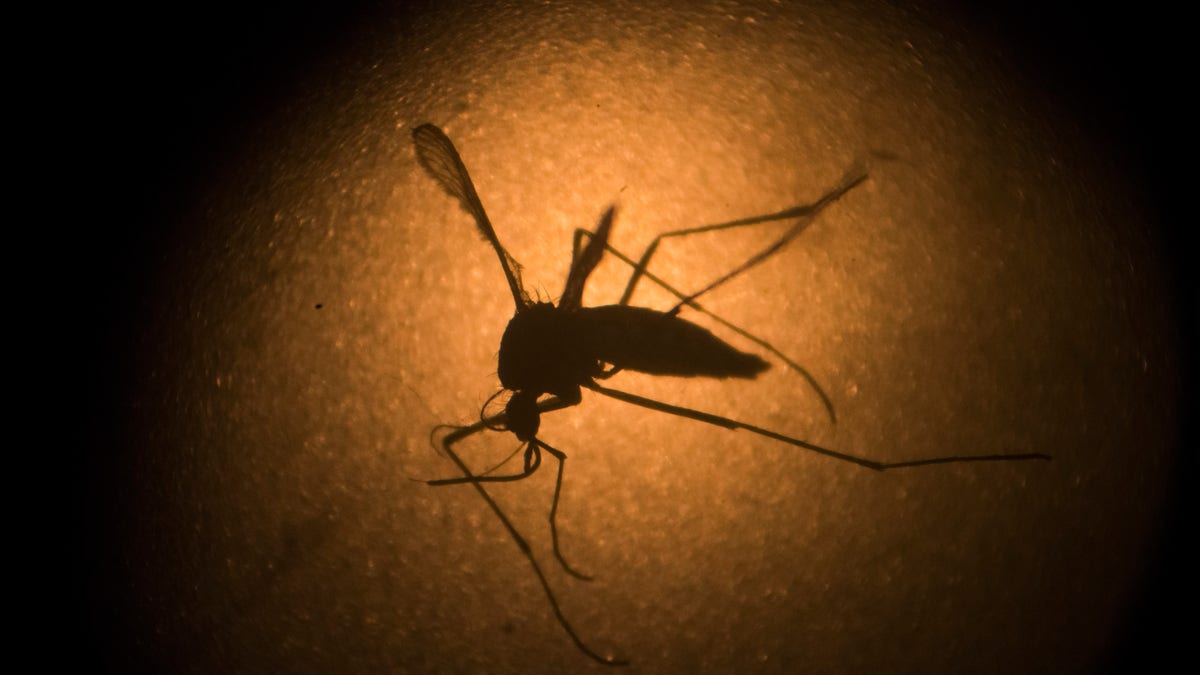
In this Jan. 27, 2016, file photo, an Aedes aegypti mosquito is photographed through a microscope at the Fiocruz institute in Recife, Pernambuco state, Brazil. (AP Photo/Felipe Dana, File)
For the first time, Chinese researchers have demonstrated that Zika virus can enter the brains of mice in utero and stunt development.
For the study, published in Cell Stem Cell, Chinese scientists injected the Asian strain of Zika into the brains of mice fetuses 13 days after fertilization. The results found the developing brain to be smaller just five days later, BBC News reported.
“The most surprising part of this study is that it was mostly neural progenitor cells that got infected in the beginning and mostly neurons that become infected at a later stage,” Dr. Zhiheng Xu of the Chinese Academy of Sciences, said, according to BBC News.
“However, almost all cell death was found in neurons,” he said.
While experts told BBC News that the results add to a growing body of evidence suggesting the virus is behind babies born with small heads in Brazil, they called for studies in animals with bigger brains.
A Zika epidemic has been sweeping through Latin America and the Caribbean, where doctors saw a dramatic increase in severe brain-related birth defects in babies born to women infected during pregnancy. After looking at different kinds of evidence, health officials this year concluded Zika causes such birth defects.
The Associated Press contributed to this report.




















